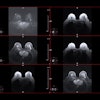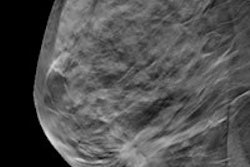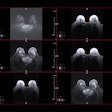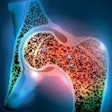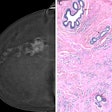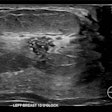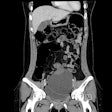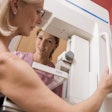Dear Women's Imaging Insider,
Digital breast tomosynthesis (DBT) continues to be a hot new modality. Two studies from this month's International Congress of Radiology (ICR) find DBT is superior to conventional digital mammography when detecting breast cancer in women with dense breasts. And the modality has an edge for the characterization of masses.
Just how much superior is DBT? And in what category of dense breasts does it work the best? Find out.
In another DBT study, a breast screening protocol that combines single-view DBT with single-view 2D digital mammography had higher sensitivity for detecting breast cancer than two-view 2D digital mammography, with just a slight increase in radiation dose, according to a new study in European Radiology. Read more.
The screening mammography debate took a heated turn last week with two studies published in BMJ. In the first, Dutch researchers concluded that routine breast cancer screening should not be performed on a large scale in women older than age 70 until more data are available. Their trial included more than 38,000 women.
Mammography screening experts Dr. Daniel Kopans and Dr. László Tabár take issue with the study's methods, which you can also read about.
In the second article, mammography screening opponents are trying to halt a U.K. clinical trial examining whether mammography screening should be offered to a broader range of women. In a letter by Dr. Susan Bewley, she and colleagues challenge the study's design as well as the qualifications of its chief investigator.
The letter has sparked quite a debate, which we covered, but you can also weigh in on our Forums, which several radiologists have already done.
The breast cancer screening debate is not limited to certain regions -- the controversy was also discussed at ICR. During a keynote lecture by Dr. Rola Shaheen, she emphasized that greater consideration should be given to a woman's total quality of life in the breast screening debate. Read more about what she had to say.
In lighter news, breast MRI pioneer Dr. Christiane Kuhl has demonstrated that an abbreviated scanning protocol of just three minutes could make breast MRI a reality for population-based screening. The protocol worked well in a research study of more than 400 women. Discover more details about the protocol.
There are many more stories in your Women's Imaging Digital Community, so be sure to check them out.
As always, please feel free to drop me a line; I do enjoy hearing from you.




